Leading industry research shows that Transportation Management Systems (TMS) will outpace all other Supply Chain Technology applications over the next few years primarily because of the transformative effect it can have on a business.
In addition to the obvious expectation of a TMS to reduce cost through rate aggregation, optimization and carrier selection, there are other, equally important, and often greater impact areas to consider…here are a few:
TMS will allow you to centralize and manage your entire transportation group while building and maintaining standard operating procedures across your system. Small operations often lack the internal resources to fully manage the operation while large organizations, many of which expand through acquisition, have their own challenges due to cultural (Tribal Knowledge—”we’ve always done it this way”) , technical (disparate and antiquated systems) and power struggles that result from mergers/acquisitions. Regardless a company’s size, TMS can bring procedural uniformity.
TMS allows you to interact and build relationships with asset bearing carriers along with brokers and third parties if you so choose. Driver shortages and lane imbalances are not going away. Volatility in resource availability and rates should be front of mind. Use TMS to stay connected!
TMS will allow for small and large organizations alike to focus on whatever it is you do and to spend more attention on the customer experience. Imagine rating and selecting a carrier to transport your goods to/from a customer, to have visibility of the transaction throughout the transportation process and then have analytics to refer to for continually improving the customer experience. What if this process was automated and your intervention was only necessary when exceptions were identified by a TMS? An exceptions dashboard will give you the opportunity to contact your customer when there is an issue with fulfillment, not the other way around. Imagine how different the interaction can be by simply having visibility to the promises made to your customer and having triggers set up to warn your team of potential or imminent failure?
TMS may well improve employee retention by shifting the role from tactical to strategic. With the challenge of utilizing technology to derive trending and opportunities for cost avoidance, the sense of ownership and personal accomplishment will drive employees to do better and do more. Challenged employees stay engaged, remain in your employment longer and do more of the right thing for both employer and customer!
If you are managing your operation out of multiple systems or a system with outdated technical capabilities, find a TMS that matches your needs today and one that you can grow into. This will not only center the focus of your operational group but streamline the process by which they operate. And guess what? The byproduct of a centralized system is the shift of labor from tactical to strategic as your team spends less time toggling between systems to manage orders/shipments to spending their time looking for trends through great analytics!
A modular TMS will greatly impact the return on investment. Many of the traditional TMS products in the market are rigid and are not built to react quickly to changing Supply Chains. This lack of flexibility and agility to changing needs is counter intuitive to the core thought process surrounding efficiency. Find a TMS that works for today’s needs as well as potential future needs.
What TMS can offer your organization is dependent on the current state and future goals of your operation. And more importantly, how serious you and your organization are about building a sustainable Supply Chain with people and technology. Be open to revealing the good, the bad, and the ugly of the current state of your operation and you will be rewarded with a system that is implemented with your use case in mind!
If interested in how G2Mint might help, you can reach us at www.g2mint.com!
